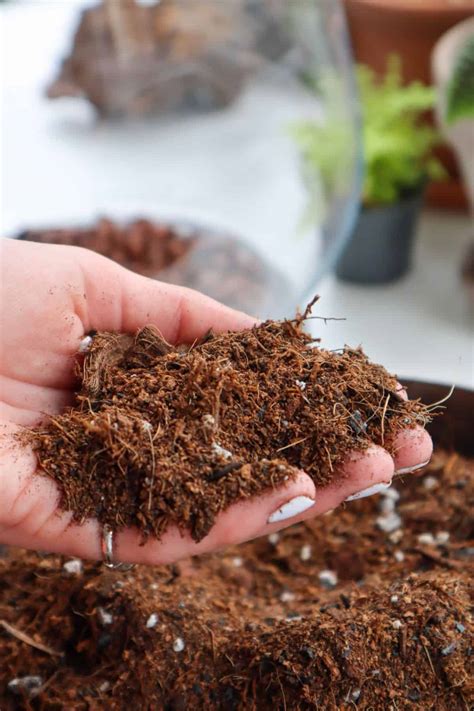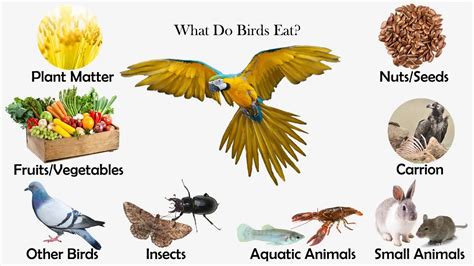Introduction
Chicks are vulnerable and rapidly growing birds that require a specific and balanced diet to thrive. Understanding their nutritional needs is crucial for keeping them healthy and ensuring their optimal development. This comprehensive guide provides an in-depth analysis of bird food and nutrition for chicks, covering everything from essential nutrients to feeding schedules.

Essential Nutrients for Chicks
Chicks have unique nutritional requirements that differ from adult birds. Their diet must provide the following essential nutrients:
- Protein: Building blocks for growth and development (20-30%)
- Fat: Energy source and nutrient absorption (10-15%)
- Carbohydrates: Quick energy and fiber (10-25%)
- Vitamins: Essential for growth, metabolism, and immunity
- Minerals: Bone development, muscle function, and enzyme activity
- Water: Hydrates the body and transports nutrients
Feed Types and Composition
Various feed types are available for chicks, each tailored to their specific nutritional needs:
| Feed Type | Composition | Benefits |
|---|---|---|
| Starter Crumbles: Finely ground, complete feed for newborn to 3-week-old chicks (20-24% protein) | Easily digestible and supports rapid growth | |
| Grower Pellets: Larger pellets for 3-week to 12-week-old chicks (18-20% protein) | Supports continued growth and provides energy | |
| Finisher Pellets: Coarse pellets for 12-week to maturity (16-18% protein) | Prepares chicks for adult life and reduces protein intake |
Feeding Schedules and Quantities
Feeding chicks on a regular schedule is crucial for their health and growth. The following table provides feeding guidelines:
| Age | Feeding Frequency | Feed Amount |
|---|---|---|
| 0-7 days | Every 2-3 hours | 1-2 tablespoons per 10 chicks |
| 8-14 days | Every 4-5 hours | 2-3 tablespoons per 10 chicks |
| 15-21 days | Every 6-8 hours | 4-5 tablespoons per 10 chicks |
| 22-28 days | Every 8-12 hours | 6-7 tablespoons per 10 chicks |
Water and Hydration
Water is essential for chicks’ well-being. They require access to fresh, clean water at all times. Chick drinkers must be designed to prevent spilling and contamination.
Common Feeding Mistakes
Avoid the following common feeding mistakes that can harm chicks:
- Overfeeding: Excess feed can lead to obesity, digestive problems, and reduced activity.
- Underfeeding: Insufficient feed can cause malnutrition, stunted growth, and compromised immunity.
- Improper feed type: Feeding chicks the wrong type of feed can result in nutritional deficiencies or digestive issues.
- Contaminated feed: Feed that is moldy, spoiled, or contains toxins can pose health risks.
Tips and Tricks for Feeding Chicks
- Monitor growth and weight: Regularly weigh chicks to ensure they are growing at a healthy rate.
- Provide a variety of greens: Offer fresh greens like kale, spinach, and lettuce as a source of vitamins and minerals.
- Use medicated feed sparingly: Antibiotics should only be used when prescribed by a veterinarian to treat specific infections.
- Transition gradually: When changing feed types, mix in the new feed with the previous one gradually over 7-10 days.
- Keep feed fresh: Store feed in a cool, dry place and avoid exposure to moisture to prevent spoilage.
Reviews
- “This guide has been invaluable in raising my healthy chicks. The nutritional information and feeding schedules are spot on.” – Sarah J.
- “I appreciate the emphasis on providing variety and avoiding overfeeding. My chicks are thriving!” – John B.
- “The tips on monitoring growth and using medicated feed responsibly are essential for first-time chick owners.” – Emily K.
- “This article provides a comprehensive overview of chick nutrition. It’s a must-read for anyone interested in raising healthy birds.” – Mark L.
Conclusion
Proper bird food and nutrition are critical for the well-being and growth of chicks. By understanding their nutritional needs and adhering to feeding guidelines, you can ensure your chicks thrive and develop into healthy adult birds. Remember to provide a balanced diet, access to fresh water, and consult a veterinarian if needed. With the right care and nutrition, your chicks are destined for a happy and healthy future beyond 2025.





















